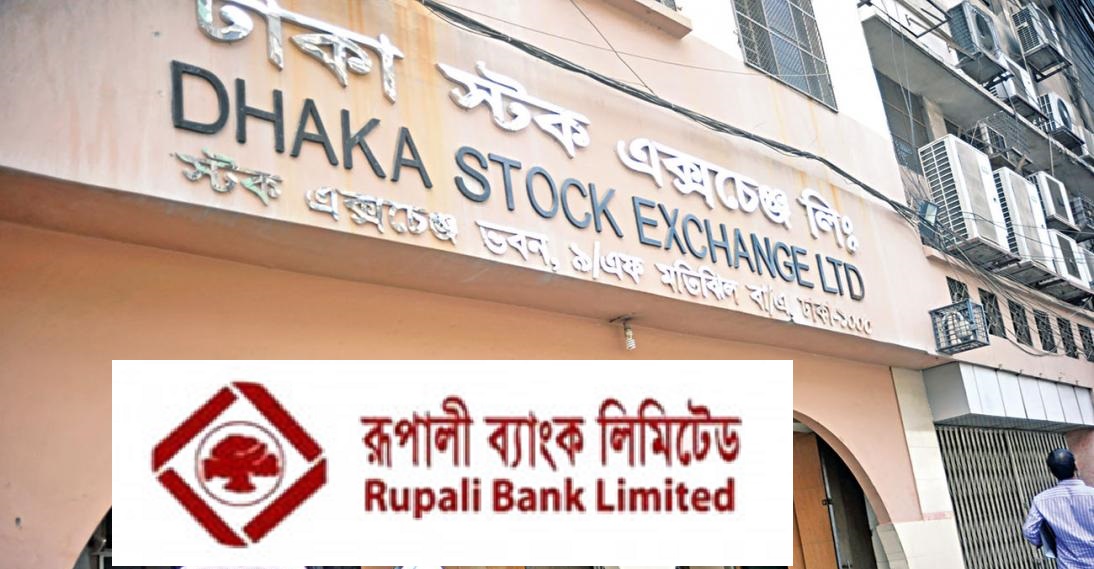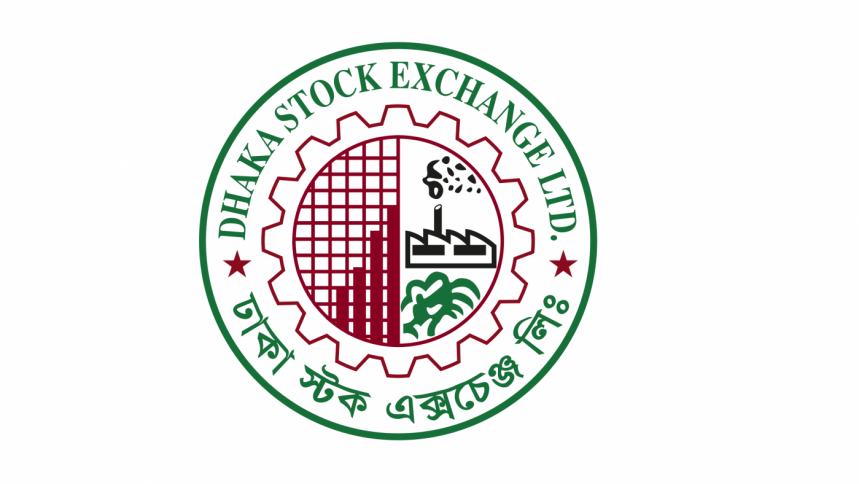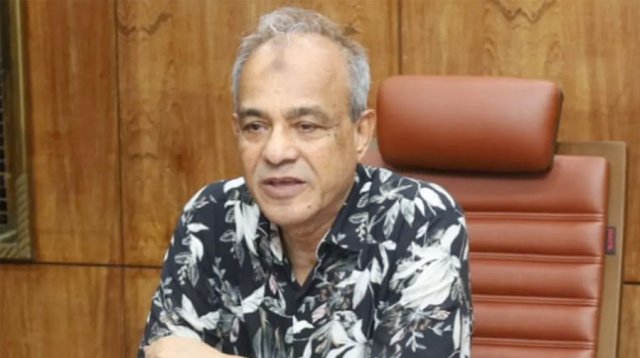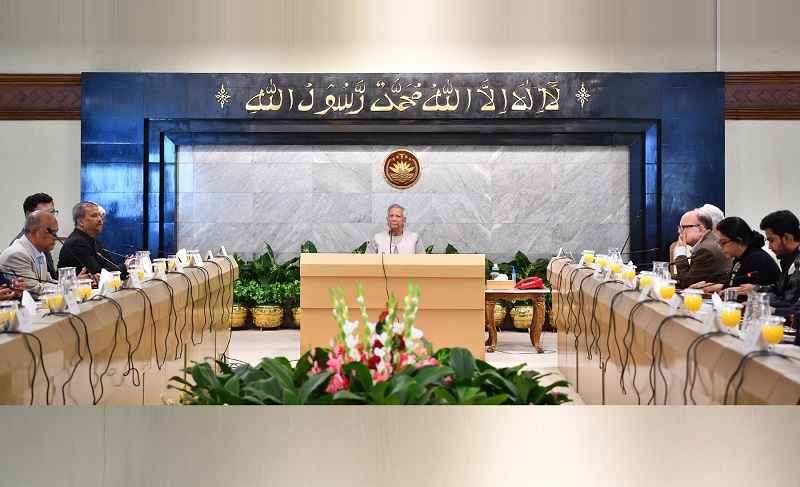Rupali Bank is on its way to becoming a junk stock after the listed state-owned lender failed to pay a dividend for poor financial health.
Earlier on June 28, the Rupali board had declared 5 percent stock dividend for its shareholders for the year that ended on December 31, 2019, in which it reported 44 percent higher profit of Tk 54.6 crore.
But the move was vetoed by the central bank as it did not comply with the new dividend policy.
Introduced in May, the policy forbids banks whose capital adequacy ratio (CAR) is less than 10 percent from declaring dividends. Rupali's CAR, which is the ratio of its capital to its risk, stood at 9 percent at the end of 2019.
The bank has a capital shortfall of Tk 201 crore and yet it declared dividend by showing a profit by taking forbearance for capital maintenance from the central bank.
Now, the bank has conceded its fate and today put up a disclosure that it wouldn't be paying any dividend for its most recent financial year.
Failure to pay a dividend for a year lands the company in the 'Z' category, popularly known as junk stocks.
Listed in 1986, the bank has been an 'A' category stock for the past decade. An 'A' category stock means the company has declared a dividend of 10 percent or more for the previous year.
But that is now up for debate too.
Despite not having the capacity, the bank has been declaring dividend every year by taking provisioning forbearance to retain its "A" category position in the stock market, said a senior executive of the central bank upon the condition of anonymity to speak candidly on the matter.
In 2019, the bank's provisioning shortfall was Tk 1,168 crore, up 2.8 percent from the previous year, according to its annual report.
"The new dividend policy was to put a stop to this ill practice. It simply gives out a wrong signal to investors that the bank is of sound financial health," he added.
Were Rupali's intent to hand out 5 percent stock dividend for 2019 gone ahead, it would have still been downgraded to the 'B' category. The 'B' category pertains to companies that have failed to declare a dividend of at least 10 percent.
Rupali's comedown from a blue-chip stock comes at a time when it was gearing up for a secondary offering, which is the sale of new or closely held shares by a company that has already made an initial public offering (IPO).
The bank intends to offload an additional 15.2 per cent shares later this year. At present, 9.8 percent of its shares are up for trade.
The secondary offering would have propped up its capital base and also the ailing bourse.
With the view to hauling up the sinking stock market, the finance ministry in a meeting on February 9 had decided to offload shares of five state-run lenders -- Sonali, Agrani, Janata, Rupali and Bangladesh Development Bank -- by September.
But the pandemic scuppered the plan, which looks to have been further derailed now.
Contacted, Rupali bank's Managing Director Md Obayed Ullah Al Masud seemed unruffled.
Today's disclosure is unlikely to hurt its stock price, he told The Business Standard over the phone last night.
Rupali stocks closed the day at Tk 29.7, down 0.3 percent from the previous day.
"People have confidence in national banks. That's why those lenders' loans and deposits increased even during the pandemic."
He hopes that after the secondary offering later this year, the problem of the capital shortfall would be taken care of.
As a result, the bank will come back to profit and will declare dividends next year.
"I am confident that the share price will not go below Tk 24. In fact, the price will go up to Tk 60 after share offloading," he added.
The matter of capital shortfall became such a decisive issue for Rupali after Finance Minister AHM Mustafa Kamal in August last year announced that the government would no longer plug state banks' deficit with taxpayers' money, as it had been doing for years. The lenders must get back on their feet by taking austerity measures.
















